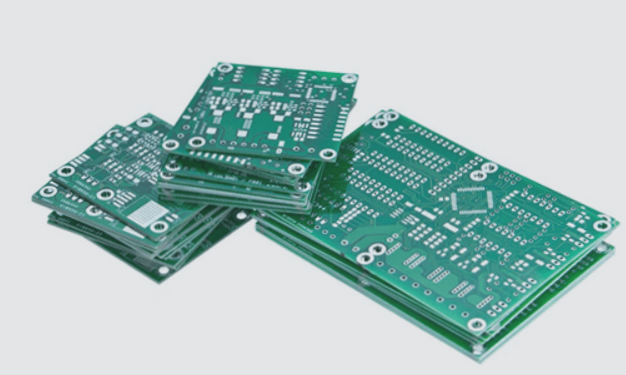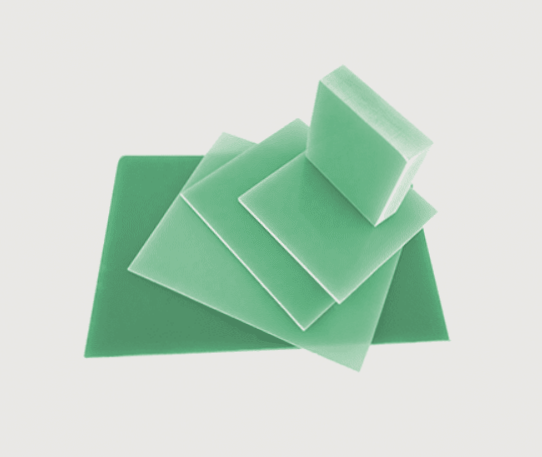The Comprehensive Guide to Multilayer PCB Fabrication for Export Businesses

Understanding Multilayer PCB Technology in Global Electronics Trade
In today’s competitive international electronics market, multilayer PCBs represent a technological breakthrough enabling complex circuitry in compact spaces. As China PCB manufacturers continue leading global exports, understanding how multilayer PCB fabrication works becomes crucial for importers and OEM partners.
What Makes Multilayer PCBs Essential for Modern Electronics?
Unlike traditional single-layer boards, multilayer PCBs consist of multiple conductive layers laminated together, resembling an electronic sandwich. This innovation addresses key industry demands:
- Space optimization for compact devices
- Enhanced signal integrity in high-frequency applications
- Improved thermal management solutions
- Higher component density for advanced electronics
The Complete Multilayer PCB Manufacturing Process
1. Front-End Engineering and Design
The PCB fabrication process begins with meticulous design planning. Our engineering team focuses on:
- Circuit schematic development
- Layer stack-up configuration
- Signal integrity analysis
- Thermal performance simulations
“Proper design is the foundation of reliable multilayer PCB production – it determines 80% of the board’s final performance.”
2. Precision Imaging and Inner Layer Processing
Using advanced laser photoplotting technology, we transfer circuit patterns onto dry film with micron-level accuracy. The subsequent steps include:
- Chemical etching for copper pattern formation
- Automated optical inspection (AOI)
- Oxide treatment for enhanced layer bonding
3. Critical Lamination Process
The PCB lamination stage combines all layers under:
- High temperature (up to 350°F)
- Intense pressure (up to 400 psi)
- Precisely controlled duration
This creates the multilayer structure that distinguishes these advanced circuit boards.

4. Drilling and Plating for Interlayer Connections
Our CNC drilling equipment creates micro-vias with diameters as small as 0.1mm, followed by:
- Electroless copper deposition
- Electrolytic copper plating
- Tin-lead or alternative surface finishing
5. Final Processing and Quality Assurance
The concluding stages ensure export-ready quality:
- Solder mask application (LPI or dry film)
- Surface finishing (ENIG, HASL, or OSP)
- Electrical testing (flying probe or fixture)
- Dimensional verification
- Final visual inspection
Why Choose Professional Multilayer PCB Manufacturers?
For global buyers sourcing from China, partnering with experienced PCB fabrication specialists offers:
- Access to advanced manufacturing technologies
- Strict compliance with international quality standards
- Competitive pricing for high-volume PCB orders
- Reliable supply chain management for export
Emerging Trends in Multilayer PCB Technology
The industry continues evolving with:
- High-density interconnect (HDI) designs
- Embedded component technology
- Advanced thermal management solutions
- Environmentally friendly materials
Conclusion: Partnering for Success in PCB Export Business
Understanding the complete multilayer PCB fabrication process helps international buyers make informed decisions when sourcing from China PCB manufacturers. With proper technical knowledge and reliable manufacturing partners, businesses can leverage these advanced circuit solutions to gain competitive advantages in global markets.
